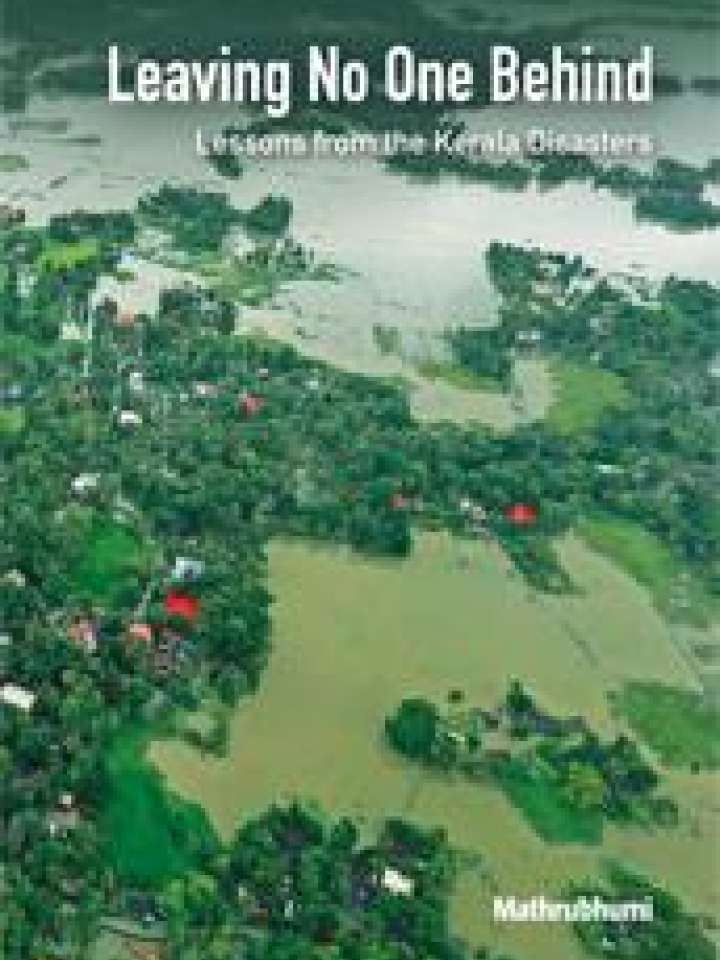Leaving no one behind: Lessons from the Kerala disasters
Between June 1, 2018 and August 19, 2018, Kerala received heavy rainfall, more than three-fourths of the average annual rainfall, and 42 per cent above normal expected during this period. The heavy downpour soaked almost the entire state and the government was forced to release water from 35 dams while the intense rains continued. Simultaneously, more than 5,000 landslides of varying nature and intensity occurred all over the state. The result was catastrophic, affecting almost one in every six people in the state. The disasters impacted three-fourths of the Kerala villages and temporarily displaced almost 1.5 million people. Nearly five hundred people lost their lives and the total damage and losses were estimated to be worth USD 3.8 billion. While Kerala was recovering from the shock of the devastating disasters of 2018, another spell of incessant rains resulted in heavy floods and landslides in August 2019. More than 60 per cent of the villages in Kerala were impacted. Northern Kerala districts, particularly Wayanad, Malappuram and Kozhikode were severely affected.
The Mathrubhumi Group commissioned a study to the Centre for Migration and Inclusive Development to understand the impact of the natural disasters on various vulnerable groups within the society. A pioneering attempt even internationally, the study, through qualitative research, explored the status of inclusion of the indigenous populations, older persons, persons with disabilities, women, boys and girls as well as migrant labourers from other states, from disaster preparedness to recovery.
The findings reveal that ad hoc measures to address the impact of the disasters on the vulnerable populations serve only as a partial solution, and do not address their historical vulnerabilities. What is really needed is farsighted and focused policy interventions to address the root causes of the vulnerabilities to ensure that the human development that the state claims percolates to the vulnerable populations also. Instead of claiming an edge over the less advantaged geopolitical contexts within the country, it is time Kerala examined how the state has failed the vulnerable populations within it. Taking cognizance of their inherent and newer vulnerabilities, substantial investments are needed to nurture inclusive and resilient communities where no one is left behind.
Explore further
